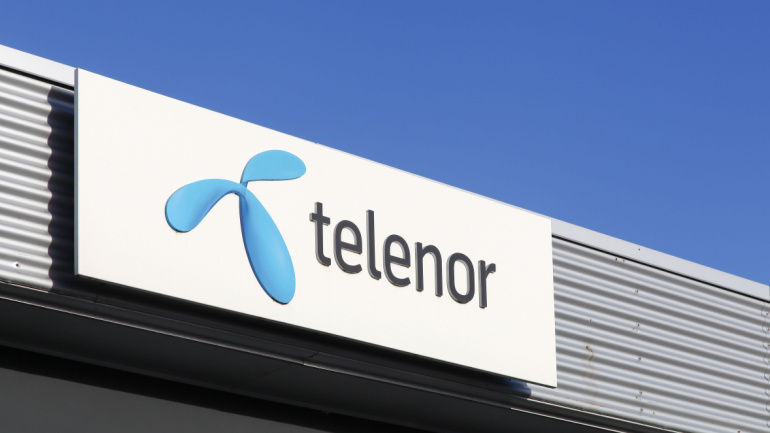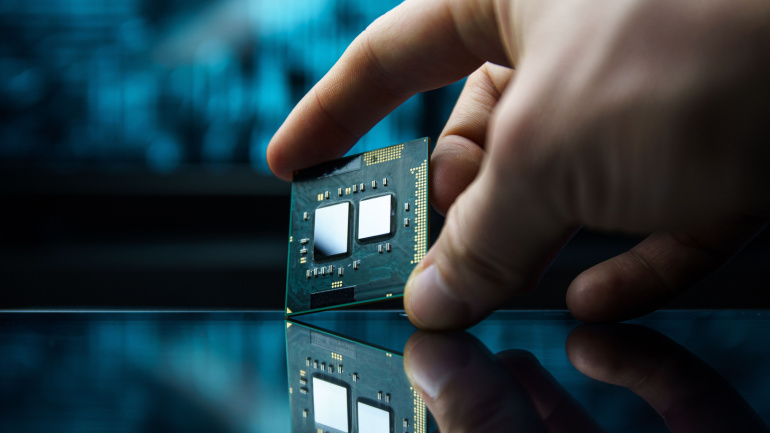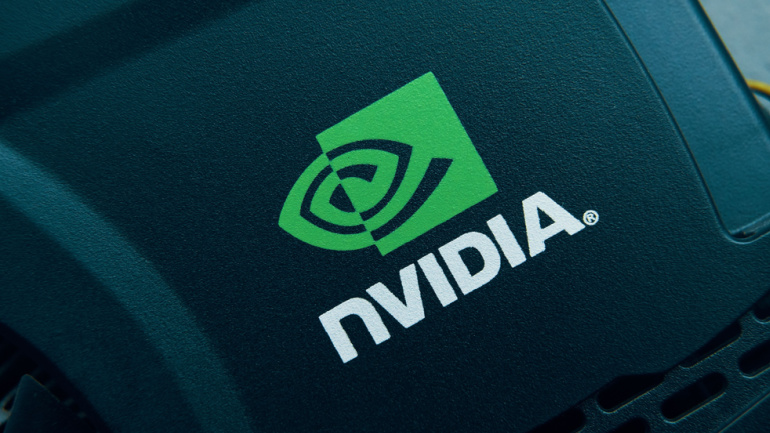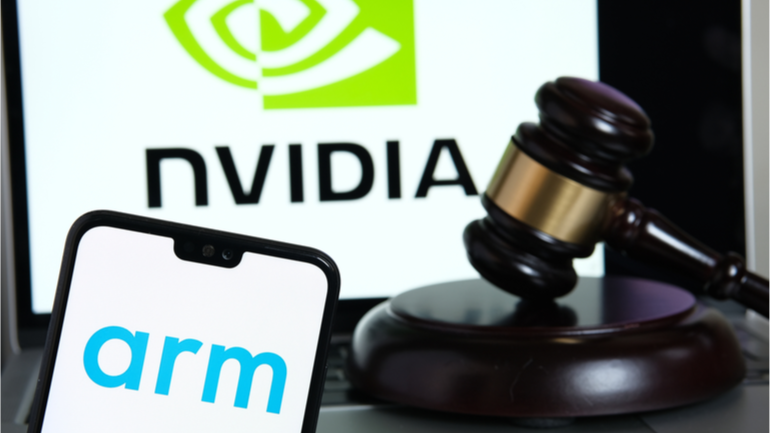Nvidia and HPE have announced a significant partnership aimed at accelerating the adoption of generative AI among businesses. This new collaboration builds on a decades-long relationship between the two tech giants, promising to streamline AI solutions and integrations for enterprises.
Cloud networking specialist Mavenir, in collaboration with Nvidia and Amazon Web Services (AWS), has unveiled a pioneering suite of generative AI (GenAI) solutions aimed at enhancing intelligent Radio Access Network (RAN) operations. Dubbed Operations Co-Pilot for RAN Service Assurance, this innovative platform promises to revolutionize network troubleshooting by automating fault prediction and root cause analysis.
Swisscom, known for its seamless integration of Swiss precision and innovation, has taken a leap into the realm of artificial intelligence with the launch of its Swiss AI Platform. This modular platform promises to be a one-stop solution for all AI needs, blending the renowned reliability of Swiss infrastructure with cutting-edge technology from Nvidia.
Nvidia is setting its sights on a more significant role within the mobile networking sphere, particularly in the emerging field of 6G technology. At its annual GTC AI event, the company unveiled its ambitious 6G Research Cloud Platform, positioning itself as a key player in the next evolution of mobile technology. This initiative is designed to leverage Nvidia’s expertise in chips and AI, demonstrating its capabilities beyond the realm of 5G.
Telenor, the Norwegian telecom giant, has announced a groundbreaking partnership with Nvidia, marking a significant step towards integrating artificial intelligence (AI) within its operations and offerings in the Nordics. This ambitious initiative is set to transform Telenor’s business model, embedding AI into its network operations and creating AI-driven solutions for its customer base.
Singapore’s leading telecom provider Singtel, in a strategic alliance with technology powerhouse Nvidia, has unveiled a new line of data centers under the brand name Nxera. These centers are poised to revolutionize generative AI services for businesses across the region, aligning with Singapore’s National AI Strategy 2.0.
In a strategic move aimed at bolstering its standing in the realm of artificial intelligence (AI), Swiss telecommunications giant Swisscom has entered into a partnership with Nvidia. The collaboration, unveiled at the AI House Davos during the World Economic Forum, involves the creation of generative AI full-stack supercomputers utilizing Nvidia accelerators and AI software in Switzerland and Italy.
Nvidia, the graphics processing unit heavyweight, plans to enter Intel’s domain with ARM-based chips tailor-made for Windows PCs, according to insiders. AMD, another significant player in this space, is also reportedly considering ARM technology. This move, potentially hitting the market by 2025, has been stimulated by Microsoft’s interest in duplicating the efficiency of Apple’s ARM-use in AI processing. Yet, Nvidia’s past attempt to acquire ARM was thwarted by regulators, putting the company’s motives under scrutiny as the PC CPU sector braces for potential disruption.
Nvidia’s groundbreaking Grace Hopper superchip, now in full production, aims to revolutionize generative AI applications and transform various industries, from telecommunications to automotive. Merging advanced CPU and GPU capabilities, it offers improved infrastructure while addressing Open RAN architecture debates.
After the British Competition & Market Authority (CMA) uncovered and voiced severe competition concerns, the planned 40-billion-dollar merger between American chipmaker Nvidia and Arm is at risk. The CMA has expressed apprehension that the proposed relationship between Nvidia and the UK chip specialist Arm might be motivated by and be able to limit or even restrict access to the intellectual property (IP) of Arm. Currently, this technology is utilized to make semiconductor chips by firms that compete with Nvidia. The potential absence of competition could interfere with innovation in various industries, including data centers and the Internet of Things (IoT). This might lead to products that are more costly or of reduced quality. The CEO of the CMA Andrea Coscelli said: “We’re concerned that Nvidia controlling Arm could create real problems for NVIDIA’s rivals by limiting their access to key technologies, and ultimately stifling innovation across a…













